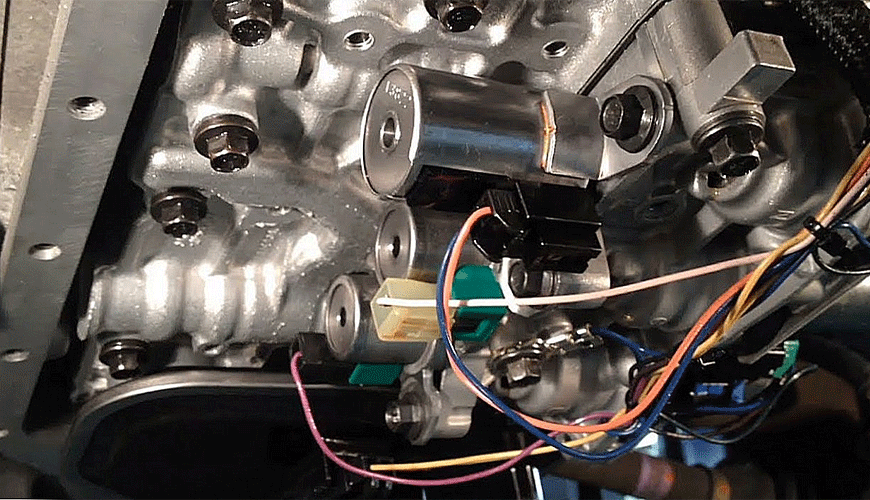

ISO 7637-3 defines bench testing methods for assessing the immunity of devices under test (DUTs) to transient impulses connected to lines other than supply lines. The test pulses simulate both fast and slow transients from switching inductive loads and relay contact bouncing. The following three test methods are described in ISO 7637-3: - capacitive coupling clamp (CCC) method; direct capacitive coupling (DCC) method; inductive coupling clamp (ICC) method. ISO 7637-3 applies to road vehicles equipped with nominal 12 V or 24 V electrical systems.

Only one test method needs to be selected for slow passes, and only one for fast passes.
This part of ISO 7637 applies to road vehicles equipped with nominal 12 V, 24 V or 42 V electrical systems.
It provides recommended test severity levels for transient immunity in accordance with the functional performance state classification principle described in ISO 7637-1.
This clause describes methods for testing the immunity of electrical system components or devices tested against combined transients. These tests will be done in the laboratory.
Test pulse severity levels should be mutually agreed upon between the vehicle manufacturer and the supplier prior to testing.
The test pulses identified are typical pulses that represent the characteristics of many of the actual transitions that may occur in the vehicle.
Eurolab provides ISO 7637-3 testing services to businesses within the scope of immunity tests against temporary deterioration.
To get an appointment, to get more detailed information or to request an evaluation, you can ask us to fill in our form and reach you.